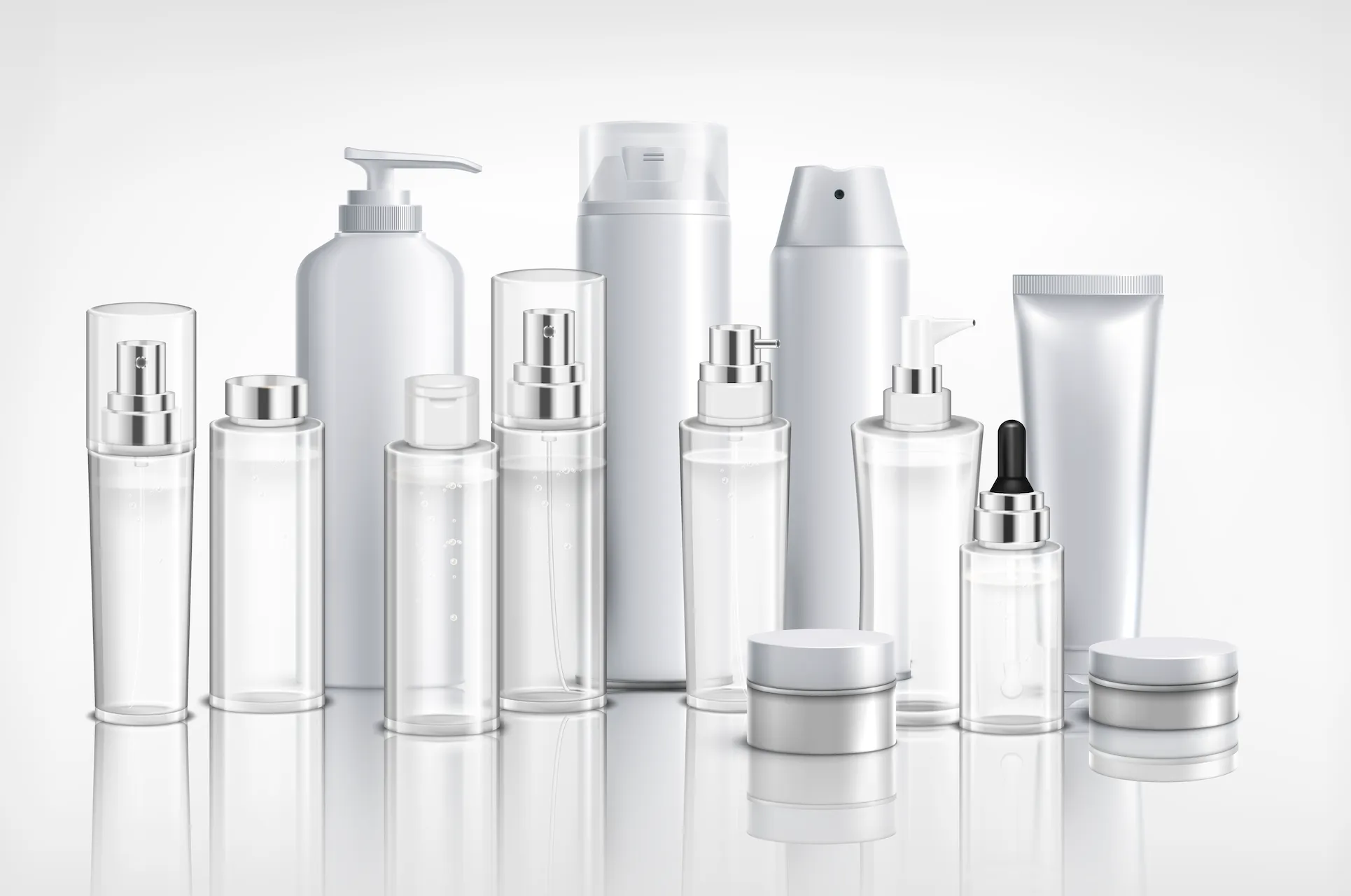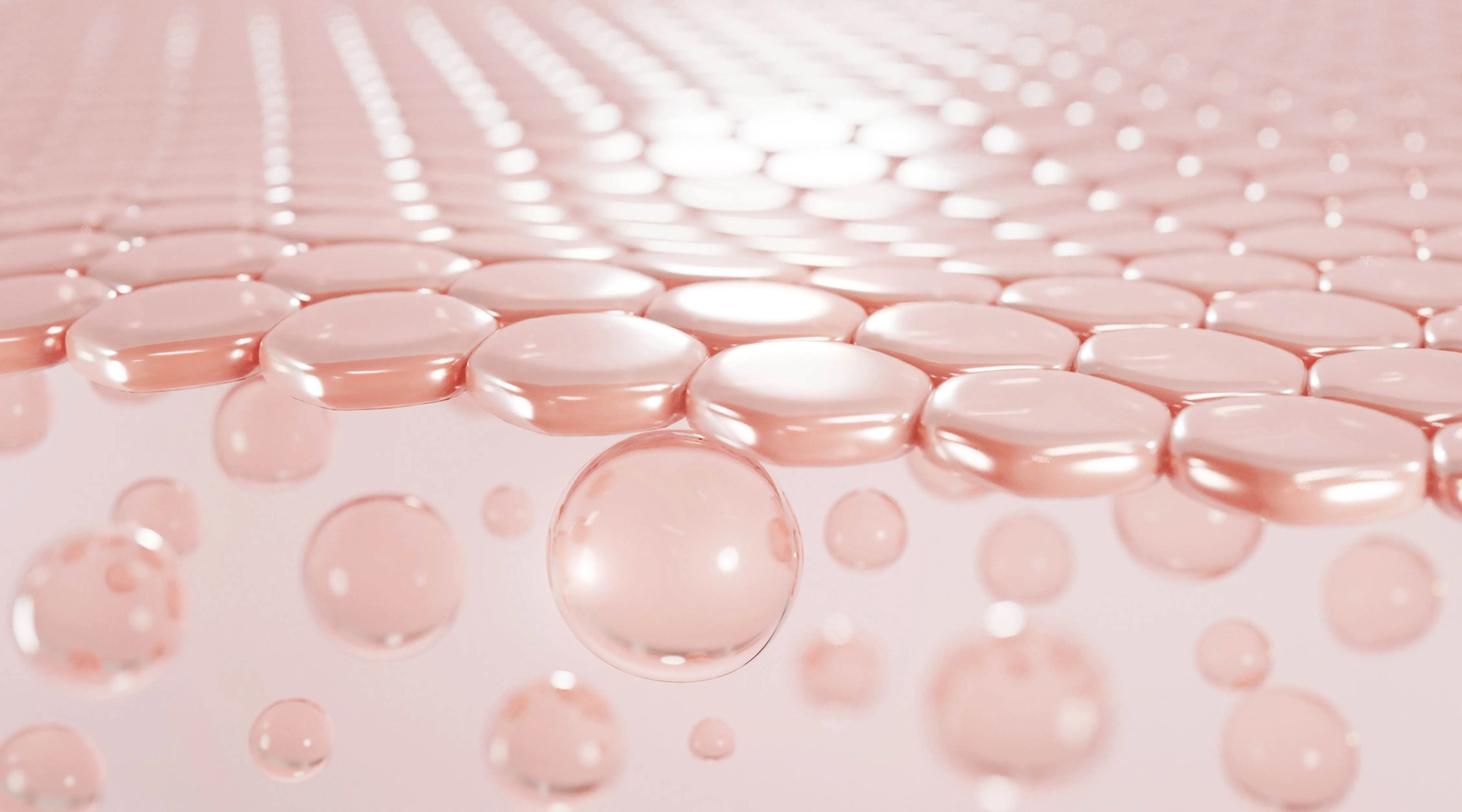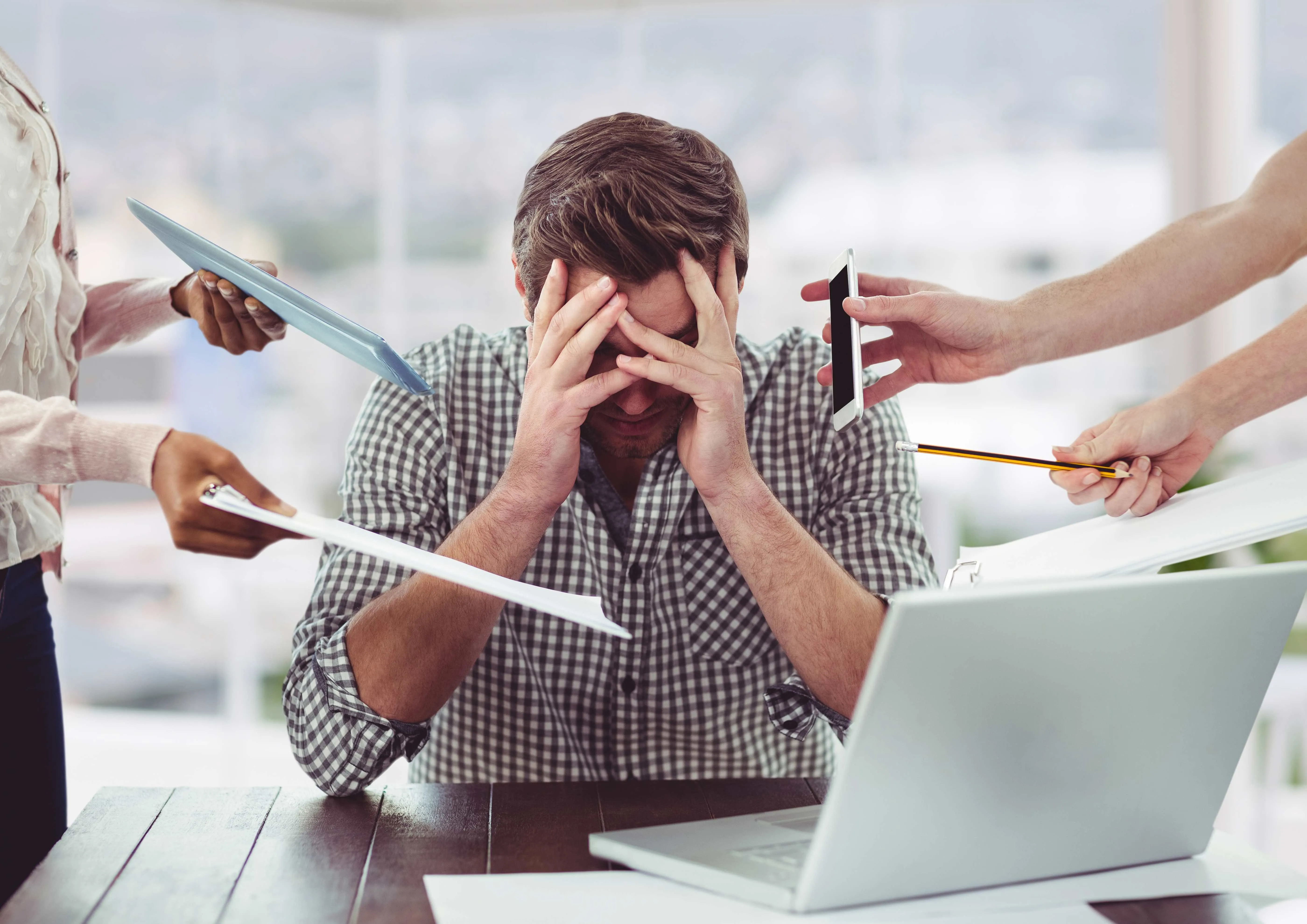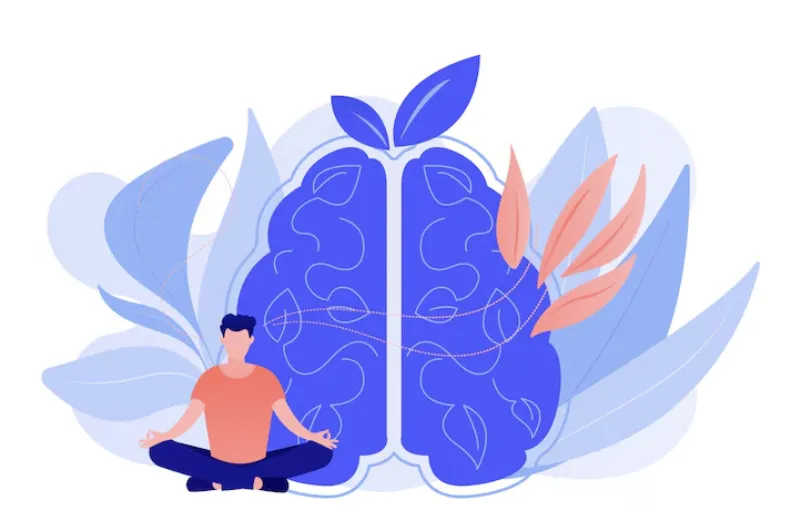The Healing Potential of Acupuncture in Traditional Chinese Medicine
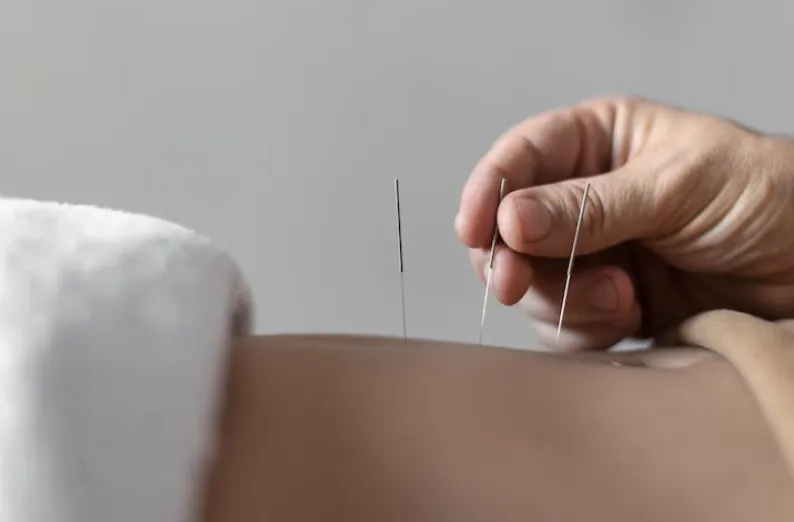
In times of stress, the prospect of multiple needles piercing your skin may not immediately evoke thoughts of self-care. Nevertheless, traditional Chinese medicine has employed acupuncture for centuries to alleviate pain and address various medical conditions.
Acupuncture's application in managing anxiety involves inserting needles into specific areas such as the insides of the wrists, between the eyes, and the ears. Supported by both anecdotal and scientific evidence, acupuncture is considered effective in easing anxiety-related symptoms. Understanding its benefits, risks, and potential home remedies is crucial.
Effectiveness of Acupuncture for Anxiety: Indeed, acupuncture proves effective in alleviating anxiety by regulating the nervous system. Ashley Flores, a licensed acupuncturist in Chicago, explains that the practice helps rebalance the autonomic nervous system, shifting the body into a more relaxed state.
According to Chinese medicine, disruptions in the flow of energy, known as "qi," along the body's pathways can lead to imbalances, causing illness. Acupuncture restores balance and promotes healing by addressing these energy blockages.
Holistic Approach to Health: Acupuncture, as part of traditional Chinese medicine, adopts a holistic approach to health. This comprehensive strategy may involve recommendations for exercise, nutrition, phytotherapy, and psychotherapy. Physical and mental aspects are not separated; instead, they are viewed as interconnected elements influencing overall well-being.
Common symptoms, such as anxiety and night sweats, may be attributed to specific imbalances, like "yin deficiency," within the framework of Chinese medicine.
Acupuncture Session Process: During an acupuncture session, the practitioner collaborates with the individual to understand health goals before inserting fine needles into specific acupuncture points. The needles, approximately the width of a hair, are painlessly placed under the skin. Sessions typically last around 30 minutes, with some practitioners enhancing the experience through the use of heat lamps, essential oils, or soothing sound frequencies.
Acupuncture Needle Placement for Anxiety: Acupuncture needles are strategically placed in acupoints corresponding to specific physical or mental symptoms. For anxiety, acupoints may include areas between the eyebrows, insides of the wrists, feet, breastbone, or ears.
Benefits and Considerations: Research suggests that acupuncture can effectively reduce anxiety symptoms compared to medications, sham acupuncture, and other non-acupuncture therapies. However, more high-quality studies are needed to determine its efficacy for different anxiety disorders.
Apart from anxiety management, acupuncture has demonstrated benefits in addressing various conditions such as chronic pain, headaches, and even preoperative anxiety for certain surgical procedures.
Risks and Side Effects: When administered by a skilled and certified practitioner using sterile needles, acupuncture is generally safe. However, improper procedures or nonsterile needles can lead to complications such as bleeding, faintness, hematoma, infections, or punctured organs.
At-Home Alternatives: While acupuncture needles are restricted to licensed practitioners, acupressure, which shares principles with acupuncture but involves applying pressure without needles, has been shown to be effective in reducing anxiety. Individuals can use their hands, fingers, thumbs, or a stylus to apply pressure to specific acupoints for relief.
In conclusion, acupuncture emerges as a valuable therapeutic tool in managing anxiety when administered by trained professionals. Understanding its benefits, potential risks, and exploring at-home alternatives like acupressure provides individuals with diverse options for promoting mental well-being.

